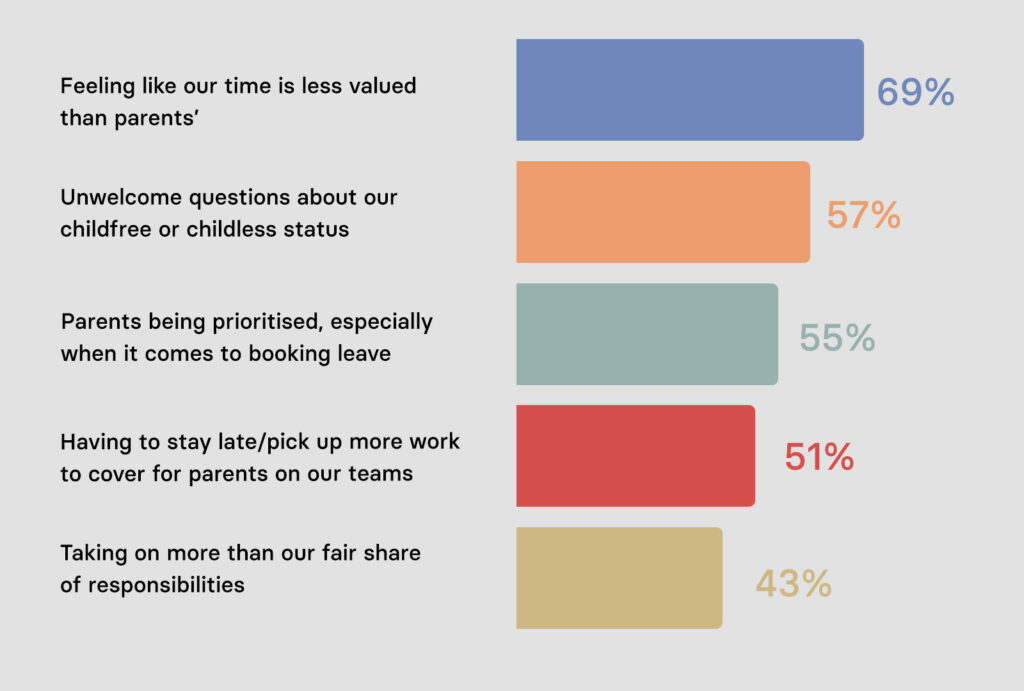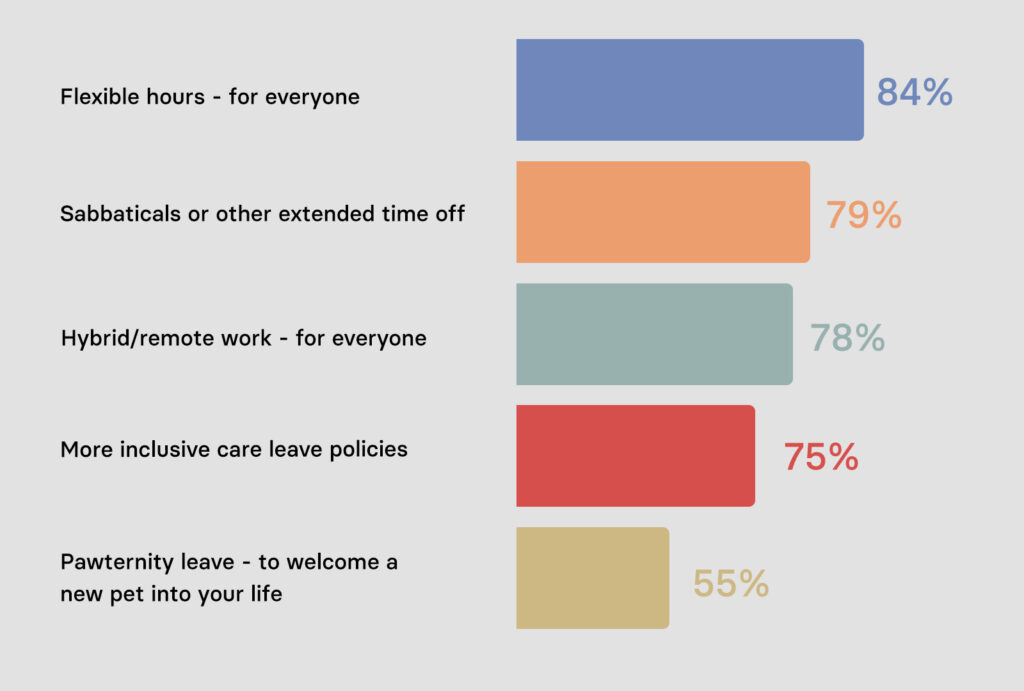Insights from over 1000 childfree workers!

We all know that working parents have it tough, and deserve all the support they can get. But what if all the focus on families can leave childfree coworkers feeling unseen, unheard and undervalued?
That’s what we discovered when we polled more than 1,100 non-parents on their experiences at work, in the biggest ever survey of its kind. We feel like we’re treated differently for being childfree or childless, we’ve had friction with the parents in our teams, and experienced challenges we don’t feel safe to bring up with our managers.
The good news? There’s a lot that companies can do to build bridges between their workers with and without children. Our survey uncovered ideas for how to foster a more inclusive working environment, some of which are easy to implement. And it all starts with creating space for an open, honest conversation about the experience of being childfree at work.
What challenges are childfree workers facing?

50%
of women under 30 don’t have kids. 1 in 4 workers never will*

77%
of childfree people feel like they’ve been treated differently at work

60%
have felt friction with the parents they work with

68%
feel like they can’t bring up these issues with their line manager

16%
have considered leaving their job because of these challenges
Too many of us have faced issues at work because of our childfree status. More than three-quarters of us feel like we’re treated differently, and for 60% of us, that’s created friction between us and the parents at our company.
The biggest source of tension is feeling like our time is considered less valuable than that of the parents we work alongside. About 70% of us have experienced that, and others have seen that attitude manifest in different ways – having to stay late to cover for coworkers when they take care of their children, taking on more than our fair share of responsibilities, and being last to choose when we take holiday or vacation leave.
Of course, we understand that being a working parent is hard, and we don’t mind helping out where we can. It’s when we don’t get the same accommodations for our commitments outside of work, and when this becomes common practice – or worse, corporate policy – that the problems begin.
We’re made to feel like our hours – our lives – are less important, so we don’t feel justified in complaining. Two-thirds of us don’t feel safe bringing up these issues with management, and 16% have considered leaving our jobs because of them. That might not sound like much, until you consider that 1 in 2 women under 30 don’t have children, and 1 in 4 people never will. That’s a lot of folks either suffering in silence, or deciding they can’t stand it any more and need to move on.

What would make life better for working childfree folks?

The 1000+ people we surveyed shared a lot of ideas for how to create happier, more inclusive workplaces. And although some of them might seem innovative, radical even, they mostly amount to extending the same flexibility and accommodations that working parents get (and deserve!) to everyone.
Childfree people are asking for more flexibility, around the hours we work (84%) and the ability to choose a hybrid or remote arrangement (78%). We need to be able to make space for our commitments outside of work – with the help of more inclusive care leave policies, so we can look after people who aren’t blood relatives (75%), and “pawternity” leave so we can welcome a new pet into our life (55%). And nearly four-fifths of us would appreciate sabbaticals or some other kind of extended time off to spend any way we choose.
But we aren’t just looking at the concessions that working parents have fought long and hard for, and thinking “us too!” We’re simply seeking an acknowledgment that everyone deserves work-life balance, no matter what their life looks like. And besides, benefits like these have been proven to increase job satisfaction and improve employee retention, so they should be of interest to all businesses, even those that are only concerned with their bottom line.
Building bridges through open, inclusive conversations
No matter how much sense this all makes, we don’t expect companies to suddenly overhaul their practices, policies and benefits (though we can help with that!). So we’re focused on where we can help: building bridges between parents and non-parents through open, inclusive conversations about our life choices.
It’s natural that we feel interpersonal tension, when more than half of us have faced unwelcome questions about our childfree or childless status, and 38% have experienced microaggressions at work. It’s totally possible that well-meaning coworkers don’t know they can cause offence and sometimes hurt just by asking “why don’t you have kids?” They still live in a world that expects that everyone has kids, even though as many as 1 in 4 of us won’t!
How do you fix that? By having honest discussions about the challenges we face, so parents and non-parents learn to work together better. Companies like Zalando and Reckitt (the makers of Durex!) tell us that our workshops have opened up new channels of communication between their employees, encouraged mutual understanding and respect, and led to greater team collaboration.
Want to learn more?
We’ve learned so much from listening to childfree folks, so these stories are a good place to find out more about people’s experiences at work. And if you’d like to have your mind blown about the unexpected ways pronatalism can make life harder for both working mothers and childfree women, this portrait of Monica is a great place to start!
If you recognise any of these issues in your workplace, and you’d like some support addressing them, we’d love to hear from you. No matter if you’re childfree, childless or a parent, and whether or not you’re officially responsible for the people you work with, we can help. If you’re ready to talk about building bridges between non-parents and parents at your workplace, get in touch.
Words by James Glazebrook
Graphics by Zoë Noble
Survey: “How does it really feel to be childfree at work?”, We are Childfree, September 2023
SHARE:




